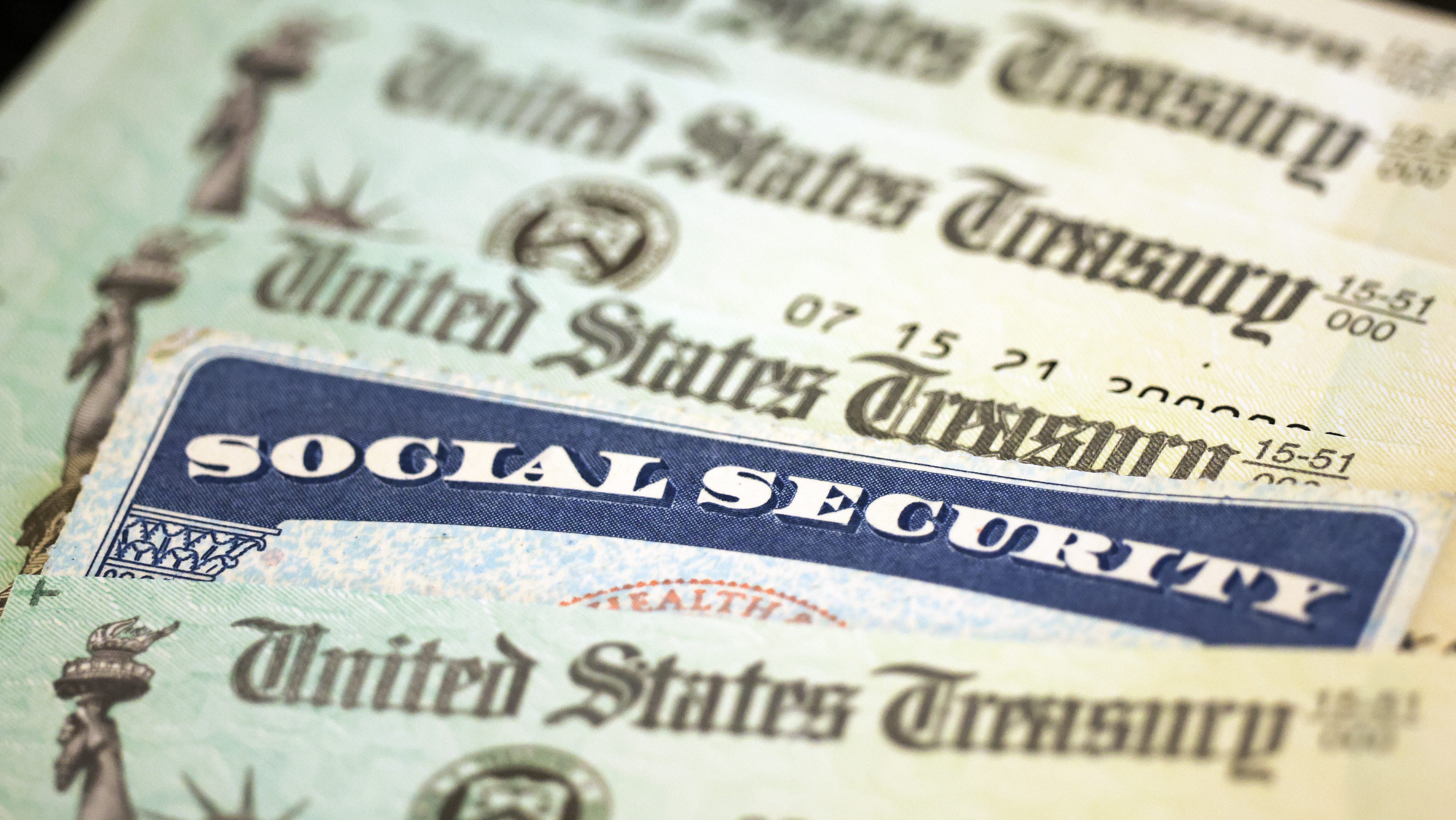After moving out of committee earlier in the day, the Illinois Senate on Tuesday approved tripling the number of gambling slots in the state.
The legislation now goes to Gov. Pat Quinn. The Democratic governor has said he's open to a casino in Chicago but opposes four other casinos.
Still, one of the state's leading gambling lobbyists tells NBC Chicago that Quinn "will be there for us if the measure passes the Senate."
With a vote of 30-27, Sen. Terry Link got the minimum votes necessary to create five new casinos and expand existing ones. The goal is to lure gamblers back from other states and raise revenue Illinois.
The massive gambling package passed Monday by the Illinois House by a vote of 65-50.
In a statement, Mayor Rahm Emanuel, who advocated for the casino legislation, voiced his pleasure.
"A Chicago casino will spur local economic growth and provide jobs to Chicagoans, both needed to get our city moving again," Emanuel said.
The plan represents the largest expansion of gambling in Illinois since the arrival of riverboat casinos more than 20 years ago.
It also calls for slot machines at racetracks statewide and the city’s two airports.
Doug Dobmeyer, spokesman for the Taskforce to Oppose Gambling in Chicago, said gambling expansion sends a terrible message to the citizens of Illinois.
"I don’t care if people gamble or not," Dobmeyer said. "What I’m opposed to is state-sanctioned, state-run gambling, because what it does is it takes money out of people’s pockets that should be using it for other things.”
Despite criticism, Rep. Lou Lang (D-Skokie) who sponsored the bill said it will create jobs and help the state's struggling economy.
"It does not matter if it’s the gaming industry or the burger industry," Lang said. "We have to keep business in Illinois."
Lang has been working on gaming expansion for more than 20 years, but before this vote, he had never brought a gambling bill to the floor. He insists he had always wanted to make sure the timing was right.
Local
And now, he says, that time has come, given that the state's estimated budget deficit of approximately $15 billion.



